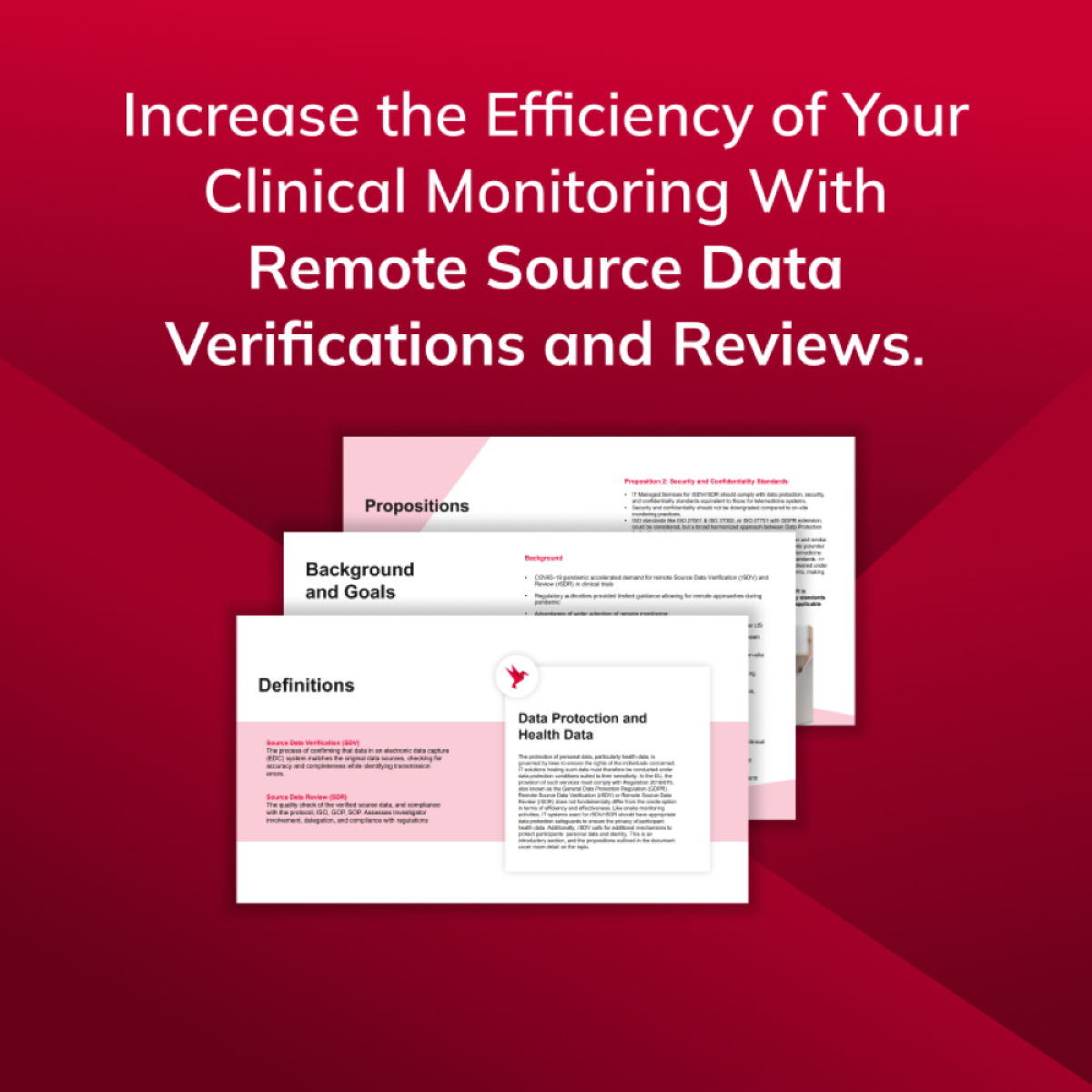Michael Lorsbach: A Common Research Data Space in Germany - Vision or Soon Reality?
Published: 07.07.2022
Free access to health data is an essential basis for scientific progress and digital business models. In clinical research, data accelerate approval processes for new therapies or support the treatment of patients. What are the opportunities and challenges of a German Research Data Space? A guest article by Michael Lorsbach.
About Michael Lorsbach
Michael Lorsbach is the founder and shareholder of Alcedis GmbH. Since founding the company in 1992, he has specialised in the digitalisation of clinical research and care research. Most recently, Michael Lorsbach was involved in the strategic concept development for the expansion of the National Centre for Tumour Diseases (NCT) as part of the Decade Against Cancer. He also advises on the implementation of IT projects. Since 2013, he has been a member of the DIHK Committee for the Health Industry.
In recent years, the amount of data in the health sector has grown exponentially. The amount of all health data stored worldwide is estimated to be more than ten zettabytes by 2025. Compared to 2020, this corresponds to a fourfold increase.
The amount of digitally available data has expanded in several dimensions. For example, data from everyday care is increasingly being recorded in greater breadth and depth. One of the drivers is the technological progress in medical devices.
Latest Whitepaper
Smartwatches and fitness wristbands facilitate data collection
There is a multitude of devices and apps that can be controlled by patients themselves. These include wearables such as smartwatches or fitness bracelets. They collect and process medical data, such as blood pressure or heart rate values. Furthermore, patients can interact with the therapist via smartphones, for example when answering questions about quality of life or the occurrence of side effects during therapy.
Potentials of real world data and big data in data collection
To date, medical progress has been based almost exclusively on data collected and evaluated in controlled clinical trials. For this purpose, a new data set is created based on the treatment data. New methodological approaches allow the combination of data from everyday care - the real world data - with data from clinical trials.
For example, it is possible to generate virtual comparison arms from real world data and create comparability for an investigational medication. This happens, for example, when drugs for rare diseases are being researched and there are not enough patients for clinical trials under laboratory conditions. Furthermore, healthcare data from everyday life can be used to monitor the success of a drug after it has been approved.
Beyond clinical research, the potential uses of real-world data are almost limitless. These include gaining new insights from the reality of care or the use of artificial intelligence methods in diagnostics or the analysis of disease and treatment processes. These reveal new approaches for the research and development of future treatments or support the practitioner in making therapy decisions.
Challenges of a German Research Data Space
With regard to a common data space for research in Germany, the following points can be mentioned:
-
Lack of interoperability and slow development of the digital infrastructure: Data from different health care facilities cannot be easily linked. The introduction of the electronic patient file, on which all relevant information on patients is to be bundled, is starting in Germany with a delay of several years and remains controversial.
-
Organisational barriers and data protection: Regulatory competences in the German health system are organised at different levels and distributed among different institutions. This structure certainly has advantages because regulations are made where expertise is available. But when it comes to organising a common data space, the fragmented responsibilities are an obstacle. With regard to data protection, the regulations, which differ from state to state, have a limiting effect.
-
Scepticism among the population: Surveys show that Germans are hesitant to make sensitive medical data available to research. Only just under half of the people agree to donate data for medical research.
Policy Initiatives and the Health Data Use Act
The benefits of a common data space for Germany as a research location were recognised by the current coalition and enshrined in the coalition agreement:
"We want to use the untapped potential that lies in numerous research data more effectively for innovative ideas. We want to comprehensively improve access to research data for public and private research with a Research Data Act. (...) We want to further develop the National Research Data Infrastructure and advance a European Research Data Space. We want to enable data sharing of fully anonymised and non-personal data for research in the public interest."
It is therefore important that the planned Health Data Use Act is implemented quickly and that private-sector research is taken into account. The new legal framework should clearly and uniformly regulate the provision and use of health data across the entire supply chain. The planned European Health Data Space must also be taken into account.
The DIHK position paper on digitalisation (Synergien nutzen - Digitalisierung voranbringen - Gesundheit stärken) points out this fact. As a member of the DIHK Health Committee, the author of this blog post contributed to the position paper. This was positively received in the media, for example in the Ärzteblatt of 27 April 2022.
The political initiatives are pointing in the right direction. Now it has to be seen whether the actors in the health sector are ready for cooperative working in a variable research ecosystem. The added value for all is obvious. The technological challenges can be mastered.


